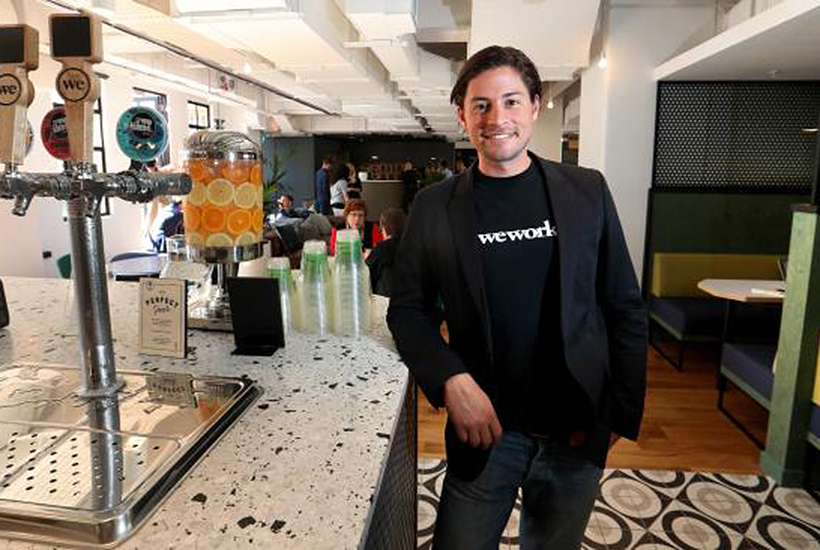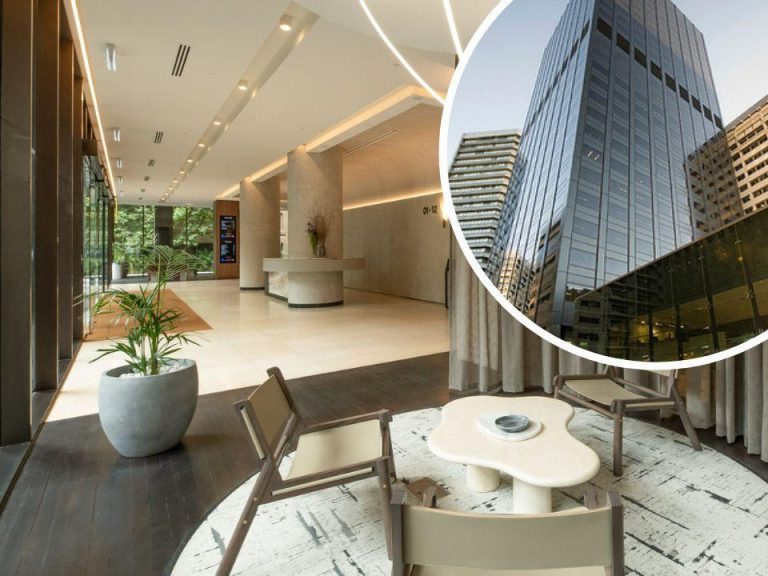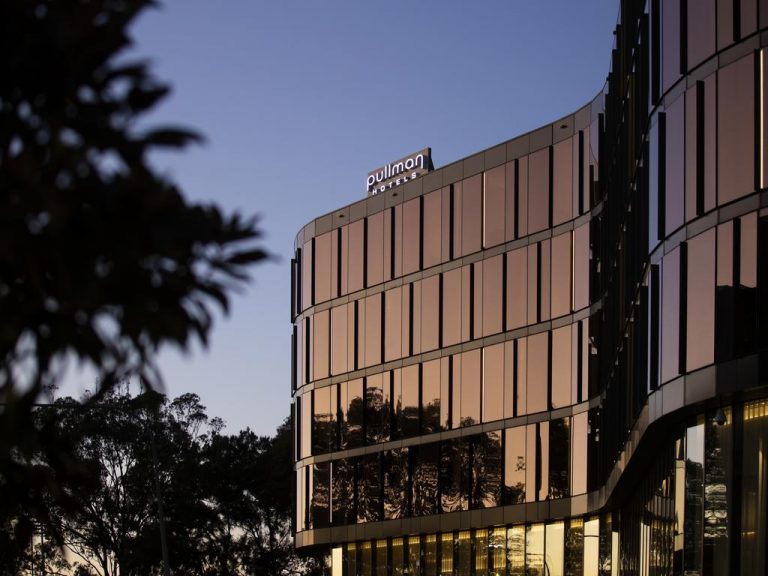WeWork announces ‘massive’ rollout in Melbourne, Sydney

The $US20 billion ($26 billion) global co-working space operator WeWork sees “massive” opportunities for expansion locally after opening its first Melbourne office and is actively looking for more sites.
WeWork, which has already set up in Sydney and has a second Melbourne site in the pipeline, plans to focus on the two east coast capitals but will also consider setting up in other capital cities.
The property interest sees its competition not as other co-working spaces but as home offices and traditional workplaces that millennials may leave to set up their own business or a freelance career.
Commercial Insights: Subscribe to receive the latest news and updates
Indeed, the New York-based WeWork targets technology workers, freelancers and entrepreneurs who rent individual work spaces or small offices.
“It’s no secret that we’re actively scouting for new opportunities in both Sydney and Melbourne to further our expansion,” WeWork Australia’s general manager Balder Tol tells The Australian, adding the group could be a major player locally in a few years’ time.
“Every office tower around us is our competition … By 2020 over 50 per cent of the millennials are part of the workforce and they are more than happy to give up personal benefits and even part of their salary in exchange for a more stimulating working environment.”

Australia’s first WeWork co-working hub opened in Sydney.
The shared office space is one of the fastest-growing segments of the commercial leasing market. But finding the right sites in office markets with low vacancy rates is a challenge.
WeWork prefers buildings with character in locations that allow members to leave safely late at night and catch public transport home or go out for a drink.
Melbourne locations could include city fringe areas such as the emerging tech hub of Cremorne, if the opportunity was right, Tol says.
The group, which was founded in 2010, is adding about five to 10 locations globally a month. In Sydney it operates out of Martin Place and the technology hub of Pyrmont.
Its new Melbourne office, owned by the Alter family’s private company Ardnew, takes up six floors of the historic London Stores building on the corner of Bourke and Elizabeth streets.
The office features a high-end fitout with timber floors, exposed white ceilings and green plants plus a sunny rooftop deck and energy saving features. Mr Tol would not be drawn on who funded the interiors, saying only it was a “traditional lease”.

WeWork is taking the co-working market by storm.
Hot desks cost $370 per month, while starting prices for private offices range from $730 a month for one seat to $6400 for 10. Members can take private calls in compact phone booths, attend networking events, and enjoy coffee, a beer or local kombucha.
The space opened with 100% occupancy and room for more than 700 members, with enterprise clients including Salesforce, Stripe and Arup.
Members have access to WeWork’s global locations when travelling, with visits between Melbourne and Sydney expected to be strong.
A WeWork joint venture recently bought an iconic Fifth Avenue building in New York City for $1.1 billion and the group is reportedly in talks to buy a 12-building London campus for more than $1 billion.
Tol says the New York deal is about making a statement about the group’s hometown and its strategy in future will be to continue leasing space, but it is open to making property purchases such as through partnership structures for the right opportunity.
This article originally appeared on www.theaustralian.com.au/property.







